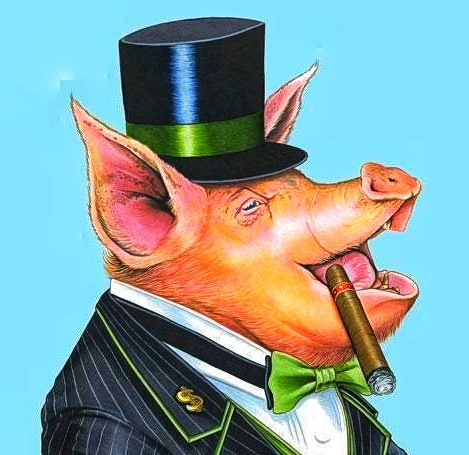In Economic Problems of the USSR Stalin writes:
In the second phase of communist society, the amount of labour expended on the production of goods will be measured not in a roundabout way, not through value and its forms, as is the case under commodity production, but directly and immediately - by the amount of time, the number of hours, expended on the production of goods. As to the distribution of labour, its distribution among the branches of production will be regulated not by the law of value, which will have ceased to function by that time, but by the growth of society's demand for goods. It will be a society in which production will be regulated by the requirements of society, and computation of the requirements of society will acquire paramount importance for the planning bodies.
I 100% agree with Stalins goal here.
Obvioulsy the SU never achieved that. The question is why? The quick ML answer might be revisionism, but even Stalin phrases this as something far in the future, why did Stalin think it impossible for the time being? I'm also not aware that the opposition to the revisionists ever proposed this.
The next quick answer might be the difficulty to measure and attribute the prodcution times correct enough. It certainly isn't too easy a task, but the SU already had to set a lot of (political) prices without an objective unit like the measurement of time to help them. Which to me seems even more difficult to do in a rational way. A fairly anti SU answer might be that the ruling party used money as a political tool (simply increase wages or the prices for agricultural products to win over parts of the population is no longer possible in an economy of time) and was not prepared to give that tool up. There is also the question of trade with the capitalist world, but that does not seem convincing to me.
Any good materialist ideas why the USSR retained money?
Both of the answers you gave have some truth to them, plus the fact that they were preoccupied with the rise of fascism and then countering the post-wwii capitalist order during Stalin's lifetime. Then Khrushchev took the gas off the class struggle pedal and they just sort of let things coast until Gorbachev gave away the store
Because abolishing money would have required disrupting the C-M-C circuit completely, and there was no capacity for the soviet state to do such a thing (nor did they have the intention to do either imo).
Also just fyi, Stalin is wrong on the measuring labor allocation in the 2nd phase of communism if we used Marx's terms (although the vision of the transition, and the two stages of communism were already super warped by the 1930s so eh), that is only in the first via the labor voucher system (which aren't money). The higher phase of communist society has completely abolished the value form. The first phase measuring goods in terms of labor time is still a form a value. However how much thought one should actually put into the two phase model is totally debatable. Like all we have is some scant notes and a couple paragraphs in the critique of the gotha program, Marx never really spent much time thinking about it compared to his main focus of critiquing capital.
There was no capacity for the soviet state to do such a thing (nor did they have the intention to do either imo).
I think you are right, what was limiting their capacity in you opinion? To me setting hundreds of at least semi-rational prices doesn't seem much easier.
The higher phase of communist society has completely abolished the value form. The first phase measuring goods in terms of labor time is still a form a value.
I do not fully agree with this. Even a "fully communist" society has an interest in measering the labour that goes into a product. For example if a new machine is available for production of a product measuring the times before and after it's implementation tells you if any efficiency is actually gained by it. I think the value form necessitates production for exchange and not direct consumption, it is a specific form of social relations that goes hand in hand with private property and markets and without those it is no longer the value form. Although in the higher stage access to goods should not be limited by production times, in that I agree and also in your critique on Stalins use of the stages model and the reliabillity of the stages model overall which I share.
Someone made this post a couple weeks back, not sure if it answers your questions because I haven't got around to reading it yet lol


